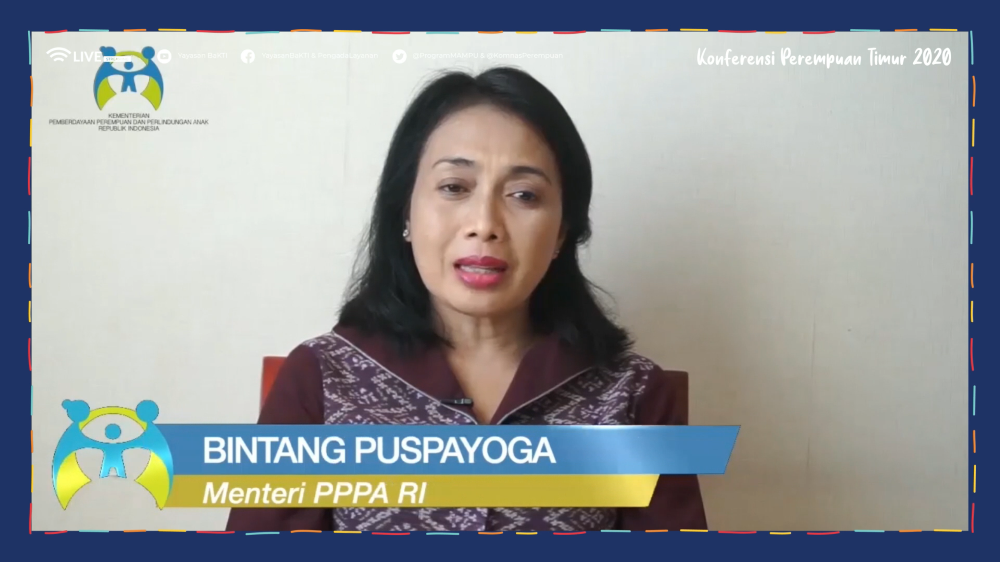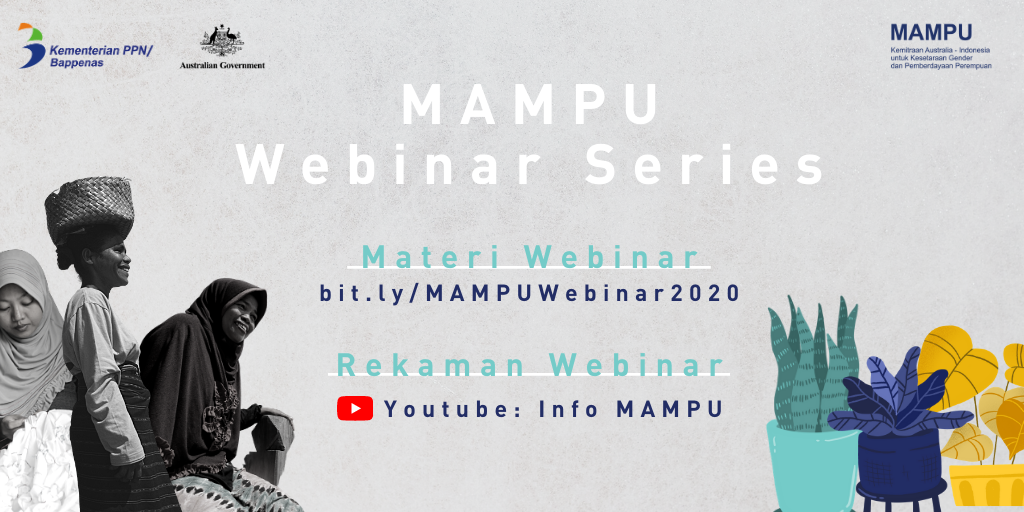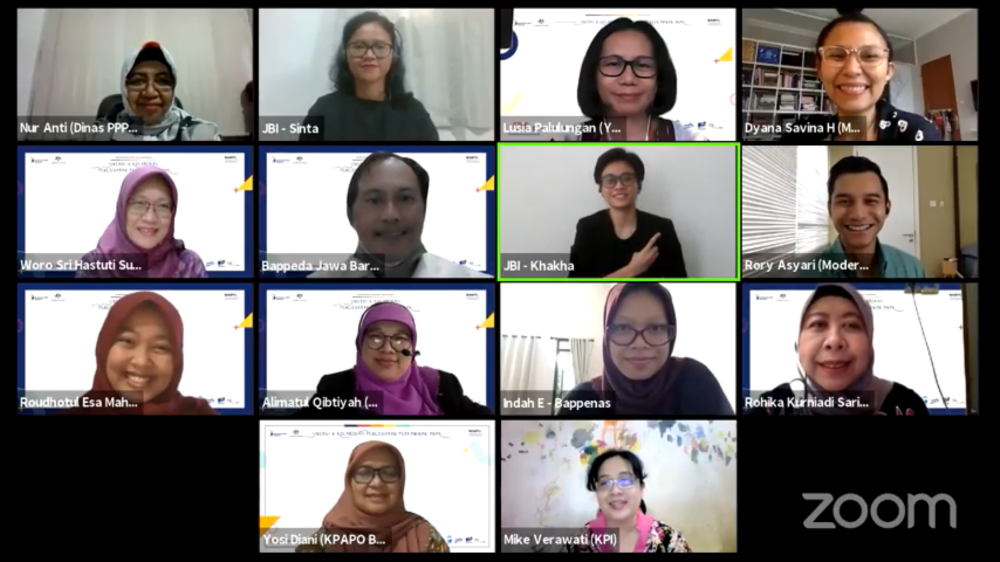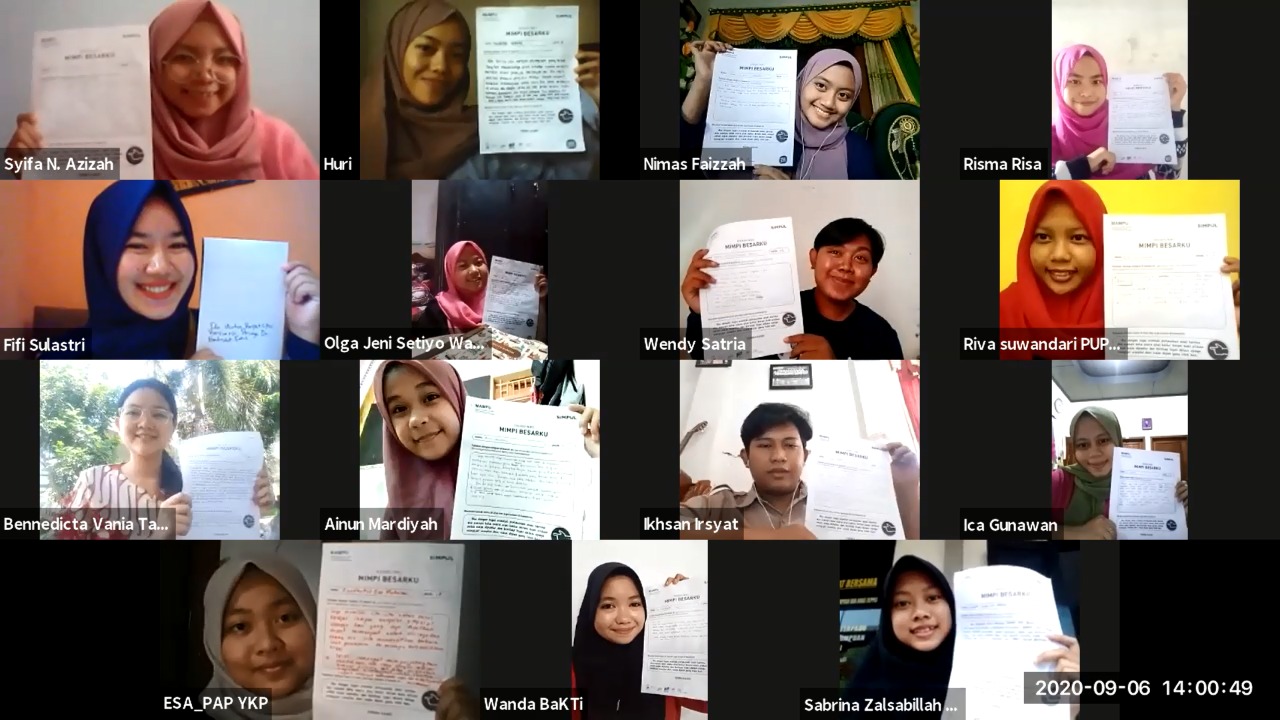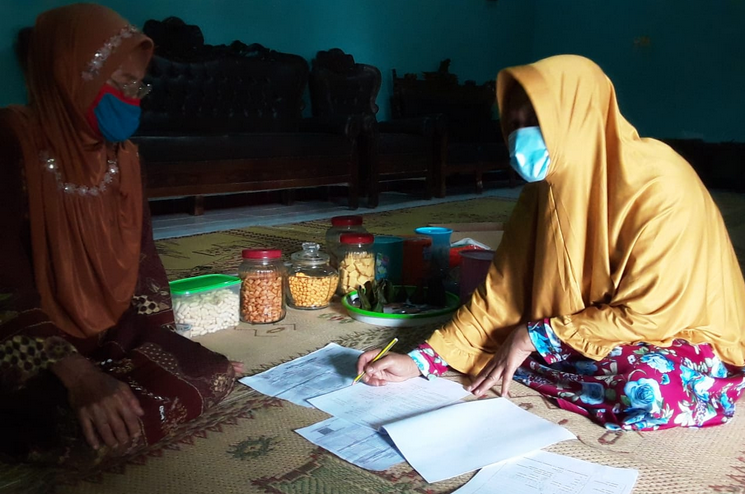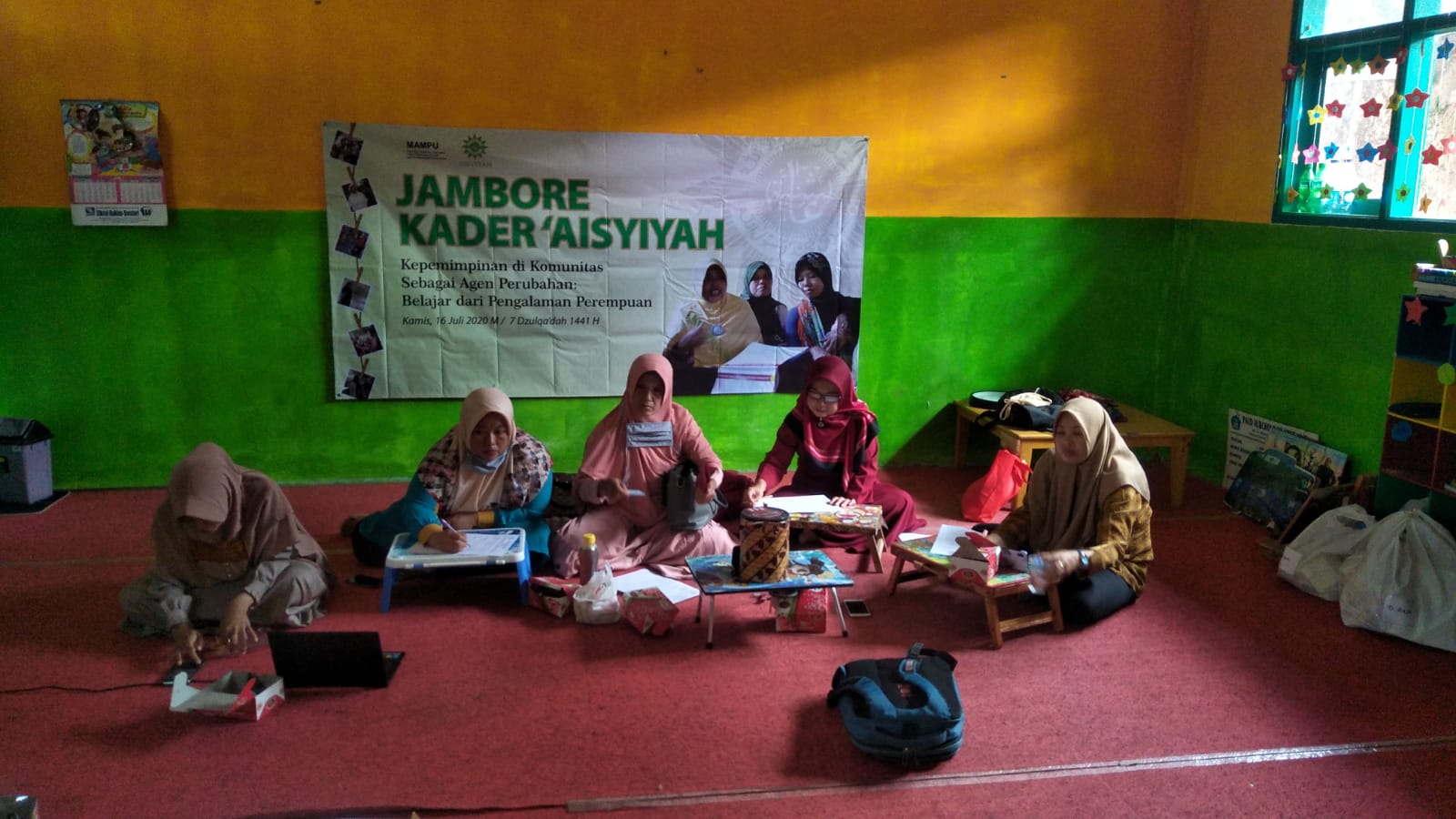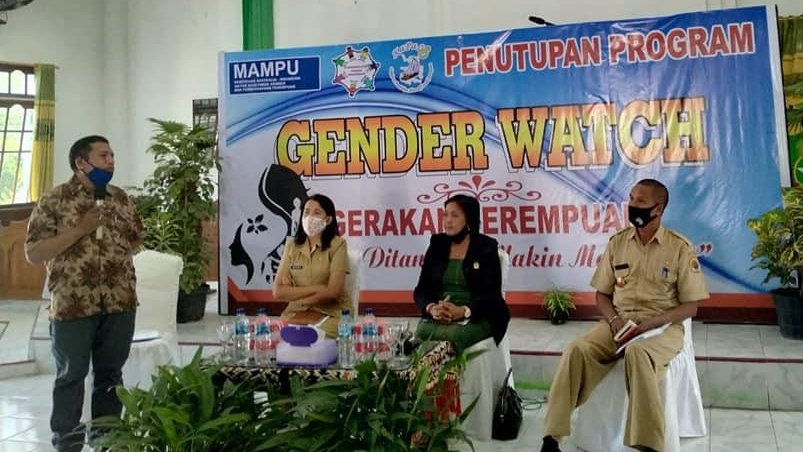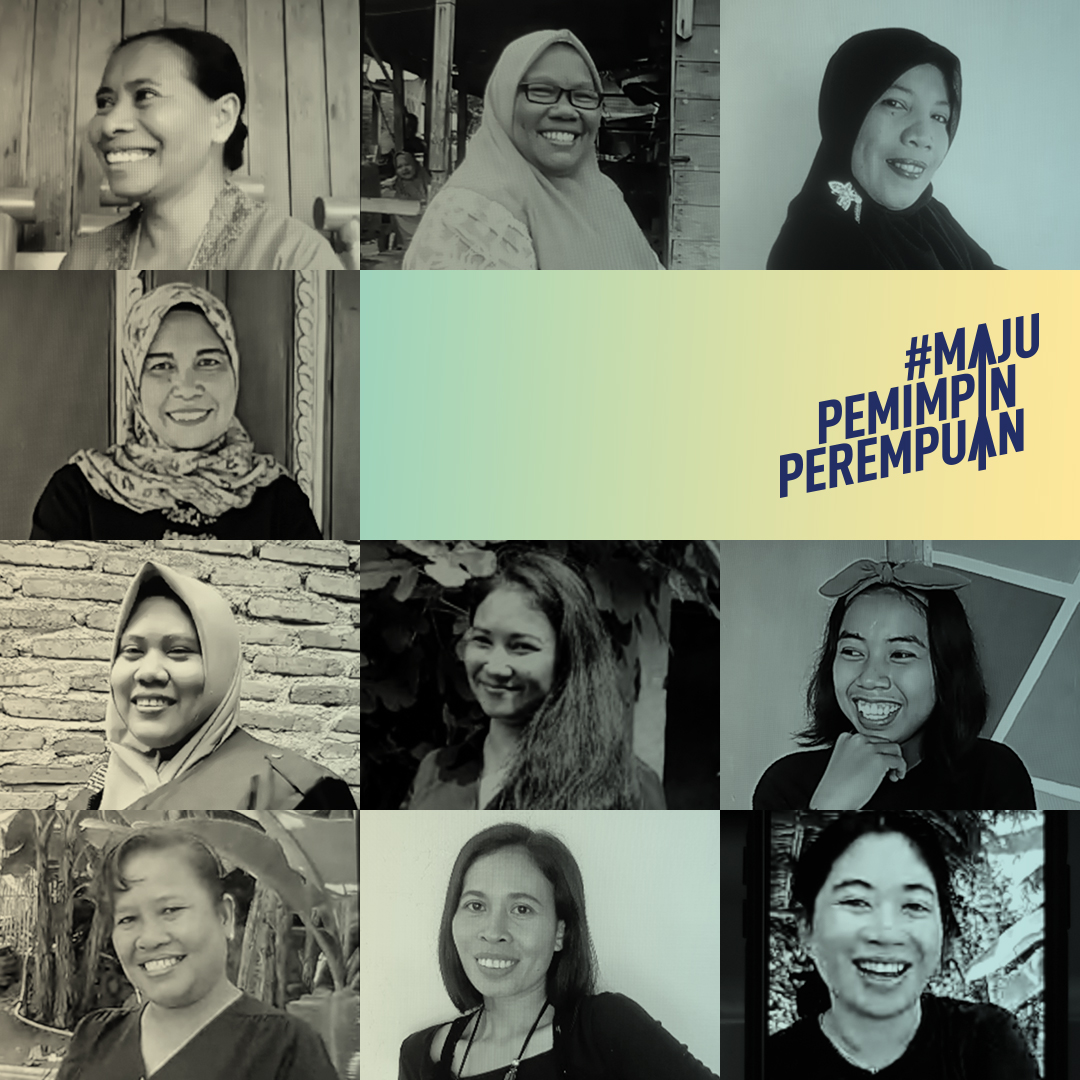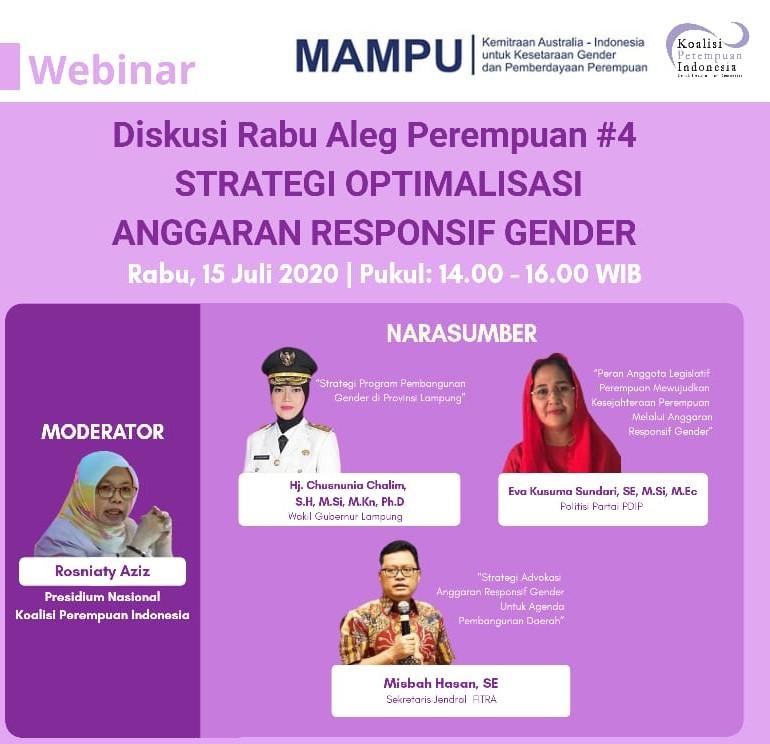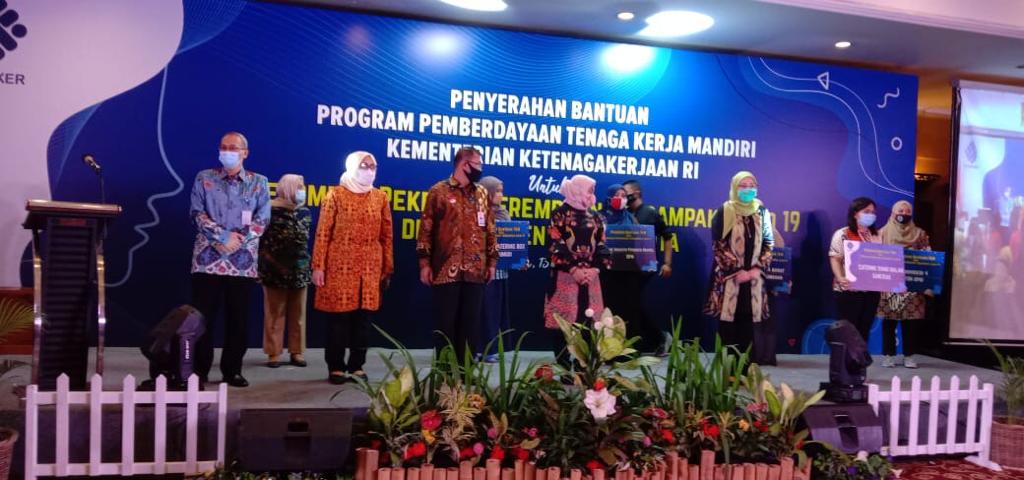Event
Homeworkers Work Together to Overcome the Economic Impacts of COVID-19
23 June 2020Author: Amron Hamdi
Homeworkers are some of the most vulnerable workers and are invisible in the supply chain. Although their existence has been recognised internationally through the International Labor Organization (ILO), homeworkers in Indonesia are yet to be protected by law. Homeworkers often work in unsafe conditions, with long working hours, without legal protection or job security, for payment that is generally well below a reasonable wage.
The situation faced by homeworkers was made worse by the outbreak of COVID-19 in Indonesia. According to the Trade Union Rights Center (TURC) at least 355 of the 671 women homeworkers they support in several areas, including North Jakarta, Sukabumi, Cirebon, and Sukoharjo are no longer receiving work from their employers. The homeworkers do various jobs, such as sewing and gluing sandals, and assembling paper bags. In North Jakarta alone, 80 homeworkers have completely stopped receiving work orders.
Muhayati and Een are two administrators of the Indonesian Home Workers Network (JPRI) in Jakarta which is supported by TURC. They are assisting women homeworkers by providing food packages and lobbying employers to provide assistance. Muhayati and Een also contacted a philanthropic institution, Sarah Charity, which has been supporting early childhood education activities in the North Jakarta area. Sarah Charity has provided food packages of rice, eggs, cooking oil, and instant noodles for 100 homeworkers and a number of other underprivileged residents in the area.
Muhayati and Een also took the initiative to sanitise their neighborhood. However, because the neighborhood administration had not allocated funds, local homeworkers had to raise the funds to buy disinfectants and rent spraying equipment. They then cooperated with members of the local community health center (Posyandu) to sterilise the neighborhood and urge residents to stay in their homes.

TURC — a MAMPU Partner — has also mobilised women homeworkers through the “Masks for All” movement in the cities of Cirebon, Sukoharjo, Sukabumi, and Jakarta. The movement, which began on 27 April, aims to provide masks to all people in the community. Homeworkers who have sewing skills make the masks to WHO-prescribed standards. In addition to distributing masks, TURC also conducts information campaigns to increase knowledge and understanding about COVID-19 prevention in the community.





